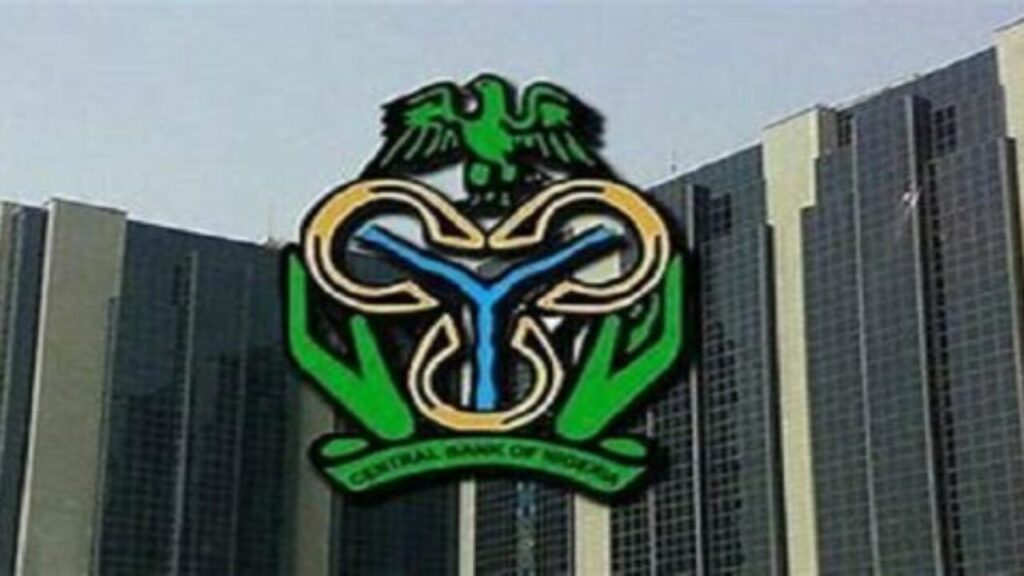Nigeria recorded a robust trade surplus of $3.73 billion in the first quarter of 2025, underscoring the growing resilience of its external sector amid persistent global volatility and the far-reaching effects of domestic economic reforms.
According to the Central Bank of Nigeria’s (CBN) latest Balance of Payments (BoP) report, the Q1 surplus—though marginally lower than the $3.80 billion posted in the final quarter of 2024—outstripped the $3.69 billion recorded a year earlier.
This performance reflects a strategic shift toward non-oil export diversification and a cautious recalibration of import demand. A central highlight of the report is the remarkable growth in non-oil and electricity exports, which surged by 30.4 per cent year-on-year to $2.6 billion.
This was complemented by a 26.7 per cent uptick in gas exports, bringing receipts from the sub-sector to $2.66 billion. Crude oil exports remained the cornerstone of external earnings, maintaining a steady contribution of $8.59 billion to the trade ledger.
These gains were further reinforced by a decline in imports, which moderated to $9.75 billion from $10.05 billion in Q4’24. The cumulative effect saw Nigeria’s trade balance improve sharply to $4.16 billion, compared to $2.62 billion in the preceding quarter—marking a significant turnaround in the country’s net trade position.
However, capital flows presented a mixed picture. Portfolio investment exhibited pronounced volatility, reversing into a net outflow of $5.03 billion as foreign investors responded to tightening global financial conditions and cautious sentiment around domestic policy adjustments.
Nonetheless, foreign direct investment (FDI) flows remained relatively steady at $250 million—down from $310 million in the previous quarter, but a marked improvement from the net divestment trend witnessed in Q1’24.
CBN analysts interpret this as a sign of slow but steady restoration of investor confidence, especially in key sectors such as manufacturing, energy, agribusiness, and digital infrastructure.
The financial account posted a healthy surplus of $7.58 billion, albeit lower than the previous quarter. The BoP data also showed that Nigerian outbound direct investments reached $550 million, reflecting a growing appetite among domestic investors for global asset diversification and strategic expansion.
Though external reserves dipped by $2.37 billion to $37.82 billion, the CBN maintains that the reserve position remains adequate for several months of import cover.
Policymakers argue that sustained export growth and a managed float of the naira are helping absorb shocks from capital flow reversals. Diaspora remittances— while slightly lower—remained robust at $4.93 billion, providing a critical cushion for household consumption and exchange rate stability.
CBN Governor Olayemi Cardoso described the trade surplus as “an important step forward for Nigeria’s economy,” noting that the external sector’s strong showing demonstrates the fruits of hard-fought reforms, including the liberalisation of the foreign exchange regime, disciplined monetary policy, and coordinated fiscal actions.















